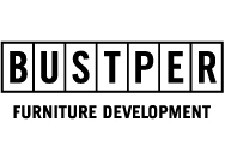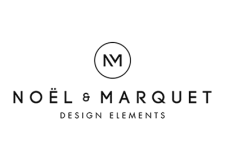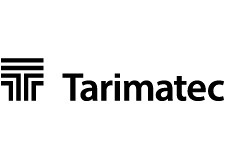In general, when evaluating a contract project, we basically focus on the aesthetic aspects. We concentrate on the surface. If the result of our work is aesthetically pleasing, we move on to technical or functional issues: which materials to use, how the equipment works, what the maintenance of a particular element involves, and so on. If the project does not pass a certain aesthetic threshold, it is ruled out directly.
Although we normally take these technical and functional issues into consideration, they do not often include acoustics. Let’s admit it. However, it is one of the most annoying aspects for the user that can cause the greatest dissatisfaction.
Without having to look any further for an example, a couple of weeks ago, we were having lunch at a fantastic restaurant that was exquisitely decorated. Every detail was related to the concept from which the establishment took its name (on a ‘botanical’ theme) and it boasted wooden finishes and spectacular vertical gardens. I still have no idea which elements were natural and which were artificial. Everything seemed perfect until the diners sat down and we started to talk. Well, we tried. Mission impossible. What a racket! All of us (including fellow diners that had no idea about interior design) criticized this aspect harshly and said what a shame it was that, having taken such great care with respect to the decoration and the number of elements it had, the interior design project had not included an adequate acoustics study that would have enabled them to prevent this effect.
This is how a spectacular project can end up being a disaster. Another typical example is hotel rooms that are not able to insulate from noise from outside (or even from the next room). However, there is an endless list of practical examples that we face in our everyday lives.
Therefore, we would like to take this opportunity to advocate the inclusion of acoustic projects within overall contract projects as an additional fundamental aspect and not as an optional extra or afterthought. This is for the benefit of the user and everybody else.
















